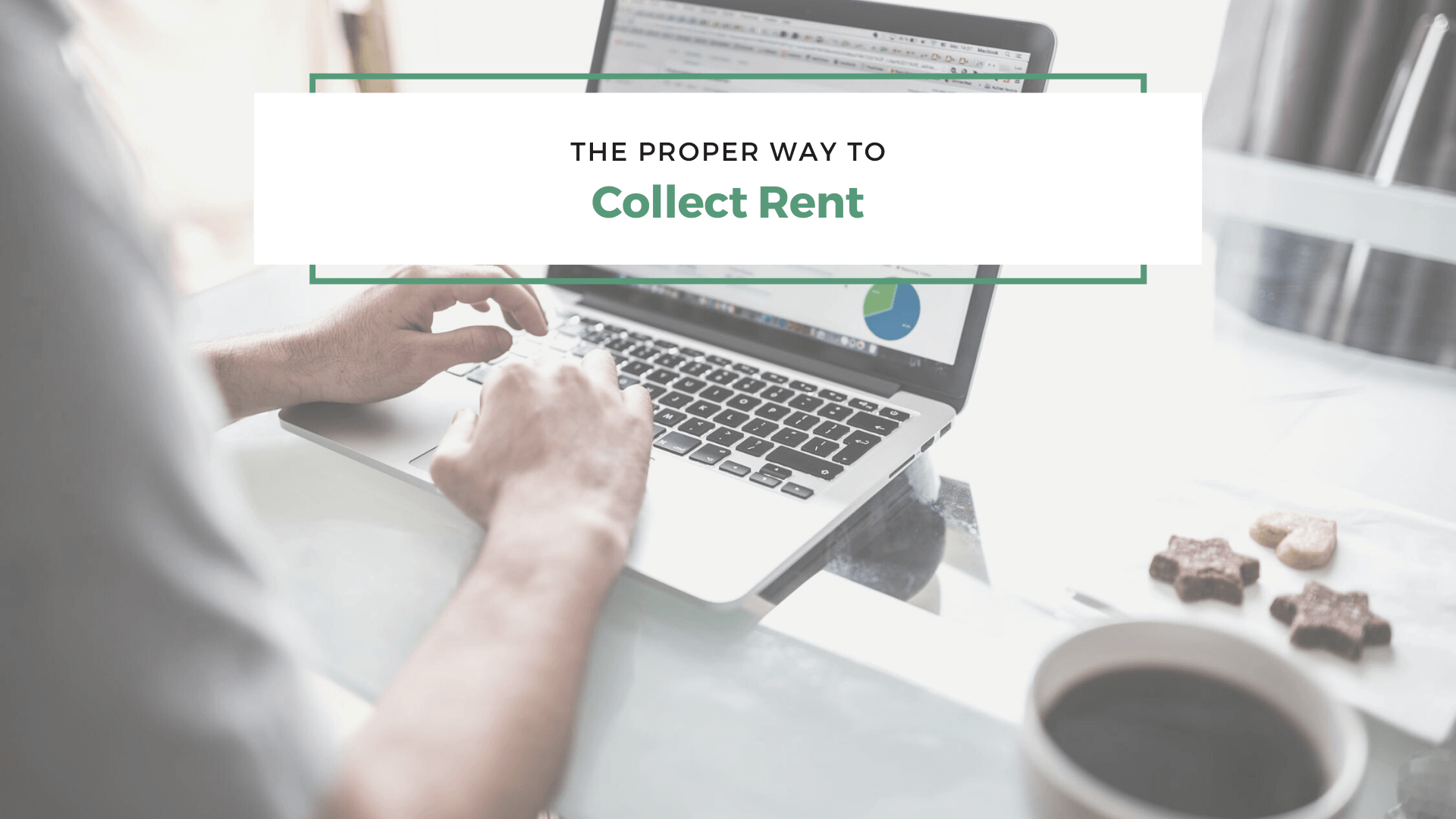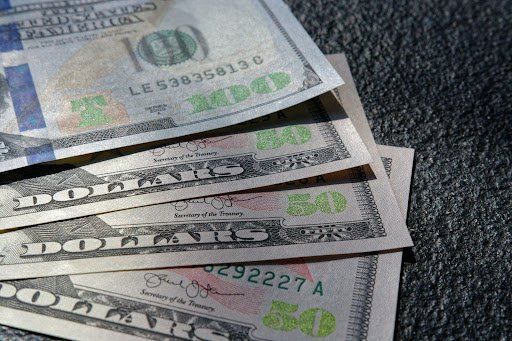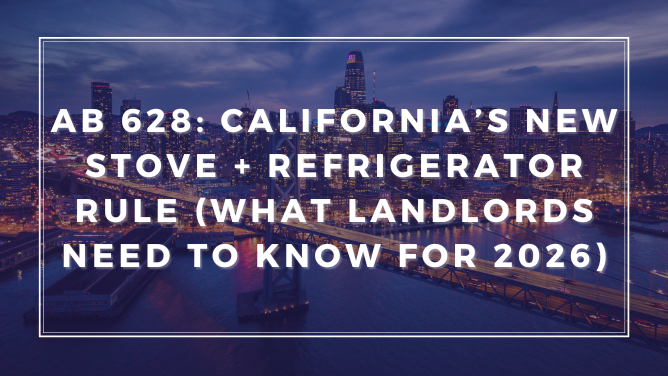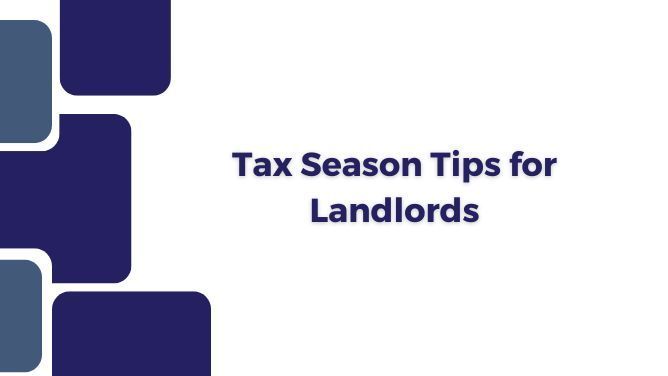To hear more about our leasing and management services, please contact us. We also welcome your comments, questions, and suggestions for topics you want to learn about, so please share those too. Let us know what you’d like to hear about when it comes to collecting rent and remaining compliant with all of San Francisco’s rental laws.
The Proper Way to Collect Rent From Your San Francisco Tenants
Benefits of Consistent Rent Collection

The first responsibility any San Francisco tenant has is to pay rent on time every month. It seems like rent collection should be fairly simple and straightforward. You tell the tenant how much rent is due, and they pay it. The same thing presumably happens month after month.
Sometimes it’s just that easy.
But, not always.
When it comes to effectively collecting rent for your San Francisco rental property, there are a few important things to prepare for and keep in mind. You need to know how to collect rent properly. Have a plan for when it’s due, which payment methods you’ll accept, and what the consequences are if it’s paid late.

INCLUDE YOUR RENT COLLECTION POLICY IN YOUR LEASE AGREEMENT
You need a rent collection policy that you’re willing to enforce. Put it in writing, and include that rent collection policy in your lease agreement. Before your new residents move in, explain the policy in detail so they understand your expectations when it comes to the timely payment of rent.
1. WHEN SHOULD RENT BE DUE?
Typically, rent in San Francisco is due on the first of the month. This is what most tenants expect, and unless there’s a reason to collect it on a different day, we recommend you have the due date as the first as well. You might find it useful to schedule rent payment reminders for tenants a few days before the first so they can plan accordingly.
San Francisco has some of the strictest rent control laws in California, but there is no requirement that you provide a grace period. You can say rent is due on the first and late on the second. Most landlords, however, do provide a grace period of three to five days for tenants to pay rent. Include this in your lease agreement with your rent collection policy.
2. OFFER ONLINE RENTAL PAYMENTS WHENEVER POSSIBLE
Most San Francisco tenants will expect and prefer to pay online or electronically. It’s convenient, secure, and cuts down dramatically on late and unpaid rent. If you’re working with a
San Francisco property management company, you’ll likely have access to an online portal where rent payments are automatically collected from tenants and then deposited into your account. If you’re managing on your own, explore the many payment apps that can help with digital rental collection.
A large majority of tenants prefer online rental payments, but there’s still a place for checks and money orders when tenants choose not to pay online. The more options you provide your tenants, the more likely you are to get the rent paid on time.
3. ESTABLISHING CONSEQUENCES FOR LATE RENT
When your rent isn’t paid on time, reach out to the tenant. Perhaps it’s a simple oversight or a need for a few more days. Late fees can be a great motivator to get the rent in on time. If your tenant is currently unable to pay rent on time due to the COVID pandemic, you cannot charge late fees on any outstanding rents. However, under normal circumstances, charging a late fee is a good idea.
You can send a formal Three Day Notice to Pay or Quit if the tenant refuses to communicate with you and the rent remains unpaid.
Understand State and Local Rent Collection Laws
Rent collection has grown more complicated in recent years, especially since the pandemic and the ongoing moratorium on evictions due to unpaid rent. Make sure you understand the current laws and follow any changes that impact your ability to collect rent in San Francisco
SAN FRANCISCO PROPERTY MANAGEMENT RENT COLLECTION
You won’t have to worry about collecting rent at all when you work with a professional San Francisco property manager. At BanCal Property Management, we’ve been effectively collecting rent on time since 1987. We can make sure you have a solid rent collection policy in place, and we can make sure it’s enforced.









